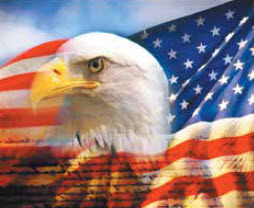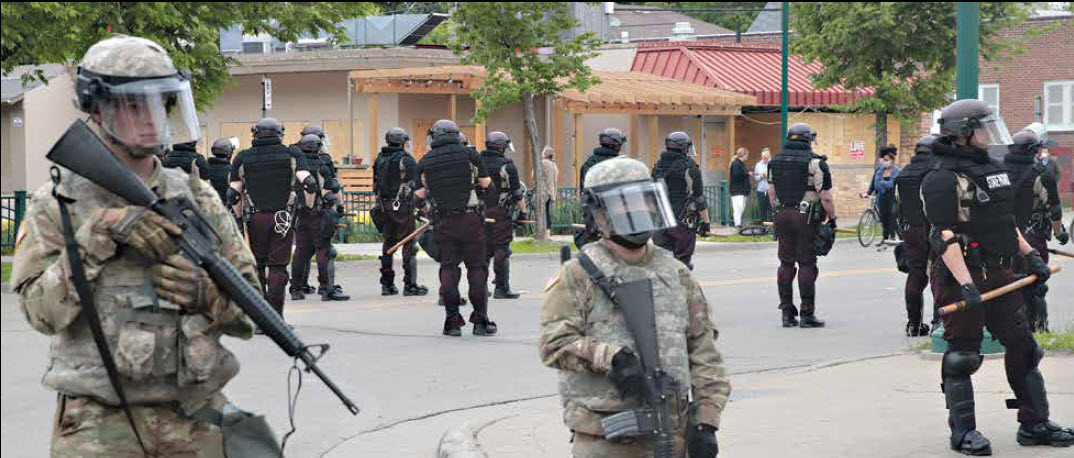All Things Soldier: If Voting Becomes Violent
 By: Ali Elizabeth Turner
By: Ali Elizabeth Turner
In just a few days, we are going to cast our ballot for who will become the 46th President of the United States. If certain groups have their way, November 3rd could potentially be a day when blood could be shed, the fourth such day in my own life. The other three were during the years I lived and worked in Iraq, when I watched Iraqis doggedly defy Al-Zarqawi, head of Al-Qaeda, who had promised a blood bath. Our soldiers promised to protect them, and they did. Iraqis headed to the polls, voted, had their fingers dyed with purple dye, and emerged triumphant. Some bought their coffins for the occasion in case that’s where they ended up as a result of making a choice, and over 40 were killed. It’s a day I’ll never forget, one of many that reminded me of the things I used to take for granted as an American.

Unfortunately, there have been several voting days in America in years past that have been marred by bloodshed, one of the most notable being the Colfax Massacre in 1873. A Republican had been elected as governor of Louisiana, and somewhere between 62 and 150 people were killed while protecting the results of that vote.
So, what kinds of statutes are in place to protect us should ne’er-do-wells decide that the only thing that makes sense is to prevent people from arriving at the polls, peaceably waiting six feet apart, entering, voting, and then exiting with a triumphant grin? Plenty, it turns out.
In most cities, the first group of responders when there is civil unrest is the police, and that should be enough. Governors have the right to call out the National Guard to support the police in times of disaster or riots, and as someone who saw the relief of Iraqis seeing that Americans were ready to protect them, I personally would not mind at all if there were both a law enforcement presence as well as the Guard presence at the polls on Voting Day. Some have said that this would be an “expression of suppression,” and I say, having them present would send a strong message that the rights of all Americans to vote shall be protected.
Active military members and members of the Reserves of any branch are not generally called upon as part of this type of peace-keeping mission, as they are more focused on defending us in wars which are formally declared and fought on foreign soil. But, there is a rather odd and obscure piece of legislation called the Insurrection Act. The president has the authority under the Insurrection Act of 1807 to send active-duty military to states that are unable or unwilling to quell an insurrection or are refusing to obey federal law. Under the law, the president can activate troops and override a governor’s approval as long as certain conditions are met, such as if the violence is interfering with the execution of laws there. The Insurrection Act was what JFK used to send troops to the University of Alabama when Governor Wallace famously stood in the doorway to prevent it from being desegregated. It would have been the Insurrection Act that President Trump could have legally used to send troops to Portland, OR, earlier this summer.
My prayer is that peace and cooler heads will prevail before, during, and after November 3rd. And, I think it is wise this Election Day to be more situationally aware than normal. Use your head, stay cool and calm, ignore hecklers, go to the polls in groups, and if possible, vote during daylight. But, settle it like an Iraqi in January of 2005 and vote, even if it costs you everything.
By: Ali Elizabeth Turner